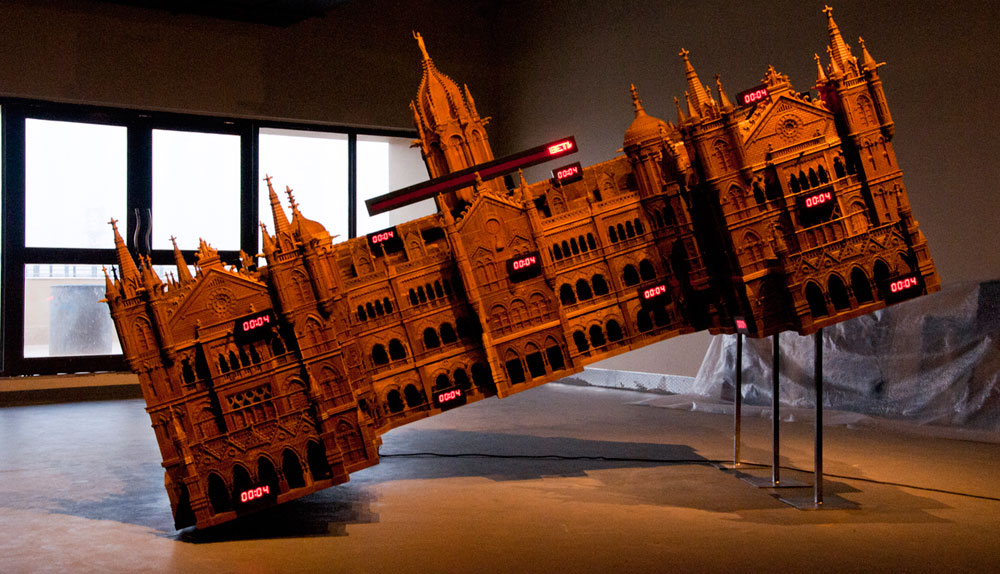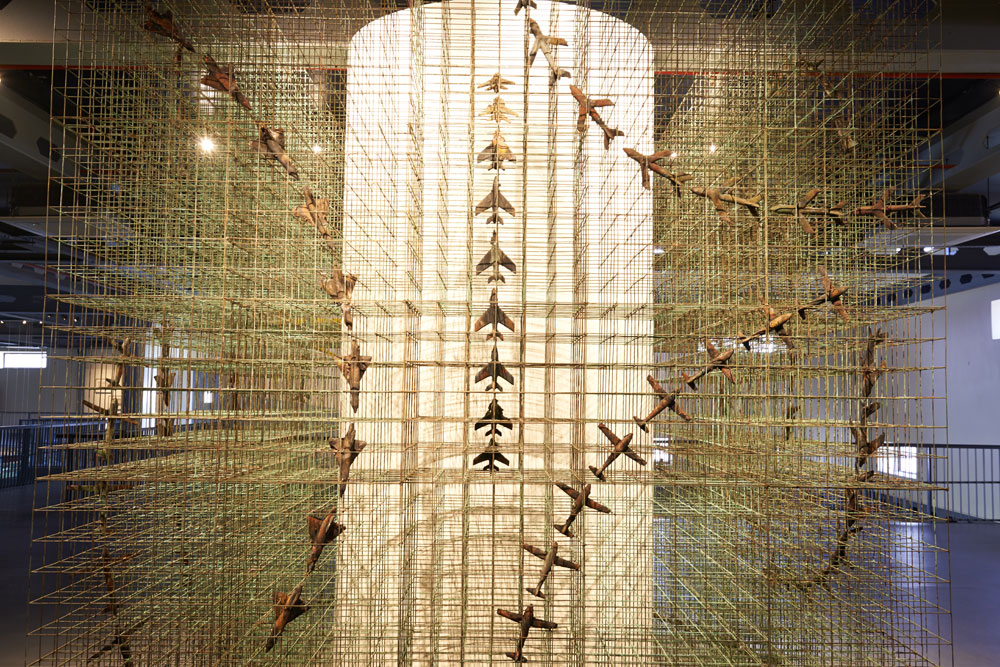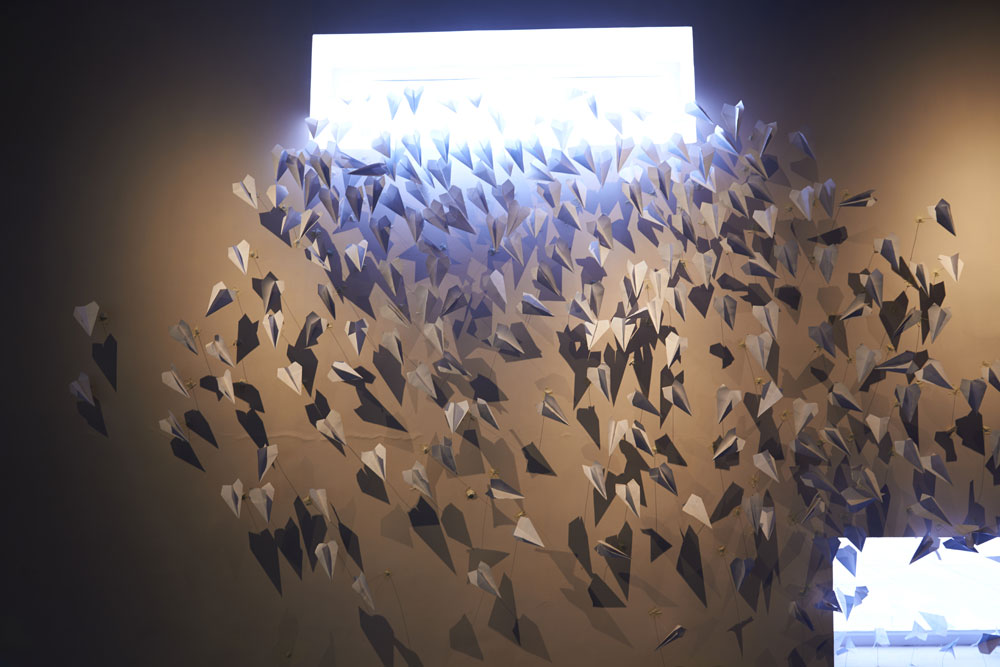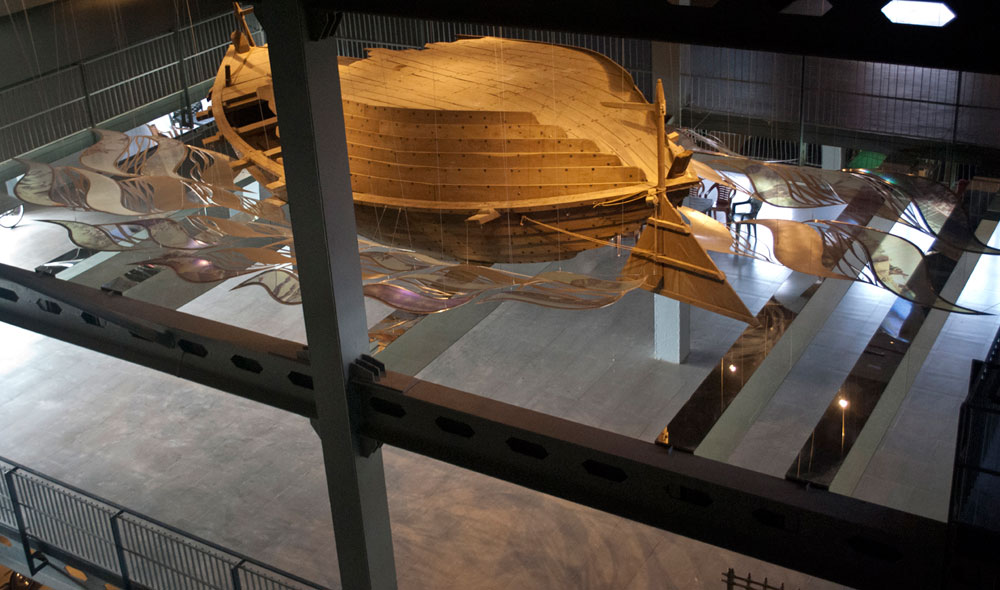It has been argued that in the 21st century we are all hybrids, who can no longer draw upon an original comprehensive history. Nearly two hundred years after industrialization and the birth of modern transportation system as we know it, today we are marked by different languages and mismatched patterns of socialization for the simple reason that we travel. Perhaps instead of asking "Where are you from?" the more relevant question today would be "Where have you travelled?" or even "Where are you travelling to?" Our life becomes a voyage of discovery, literally and metaphorically, through journeys to real and imagined places.
Two centuries ago, there were fewer choices. However, each time we reinvent ourselves, the number of choices is expanded without excluding any of the previous ones. And so, a whole new way of living is created – allowing new kinds of political and social structures. This is especially true of India where new inventions / advancements can be seen as a series of marriages of incompatible ideas, where practical requirements lead to surprising metamorphoses of objects of the past transformed into something else. And means of transportation become descriptors for culture and commerce, as well as indicators of complex, highly organised societies.
These complex social structures we live within further give rise to an ongoing quest for discovering oneself and our place in the world. We travel for the sake of the search, to fulfil a restless craving, to experience moments gone past, and to fulfil the urge for discoveries and explorations. We wish to be known as well-travelled global citizens.
The art of transportation is the cause as well as the result of cultural development and it remains true that no great civilisation has been built without some well-defined system of transportation. If we were to stand in the present, it would be evident that contemporary society makes a compelling case for the starring role of transportation on the world's economic and social stage. There is a direct link between transportation and the economic (distribution of income, productivity, efficiency), environmental (water, air, fuel consumption), and social issues (time, health, accessibility) which determine the quality of our life and make up its fabric.
Consequently, the intent of the museum is to render the past crucial by making it the central point from where one can explore one’s social history via the inherited means of transportation, further analyze the challenges of today's dynamic technology, and share the vision for its possibilities in the future.
Priya Pall
Curator, Contemporary Art




